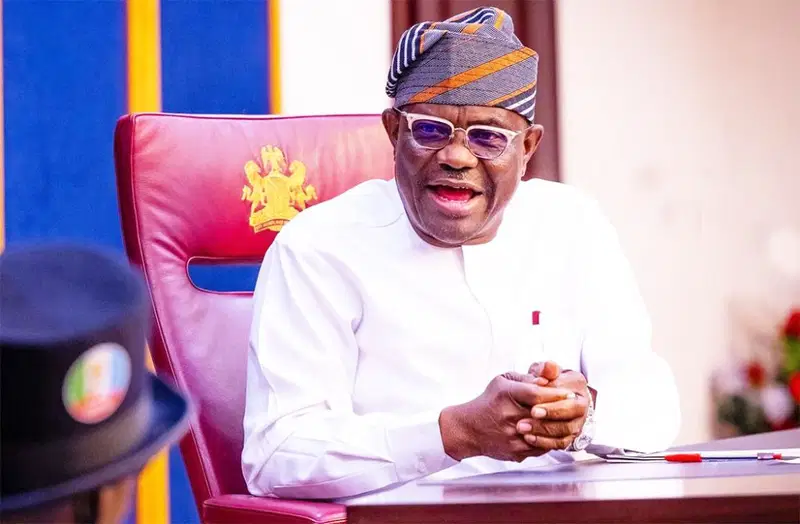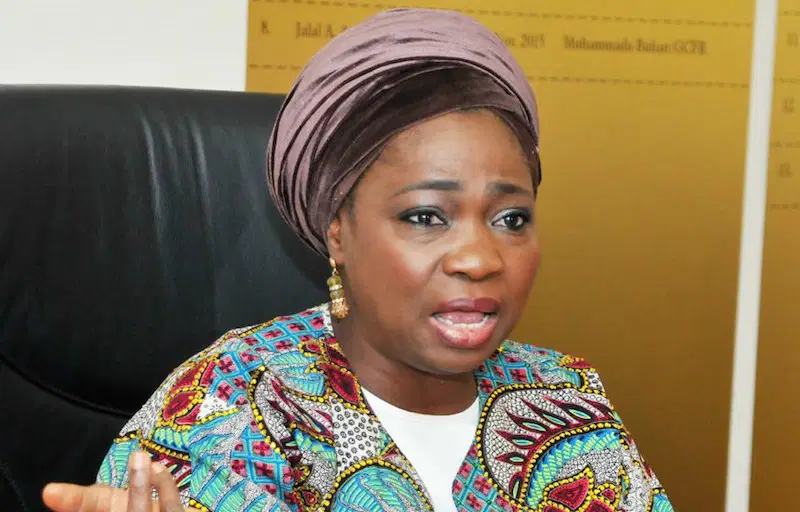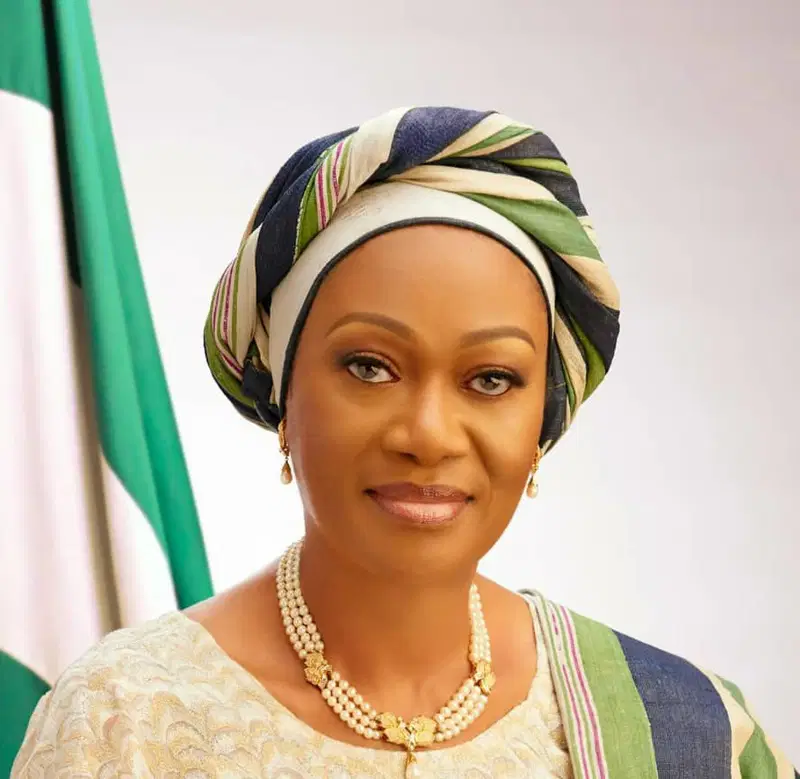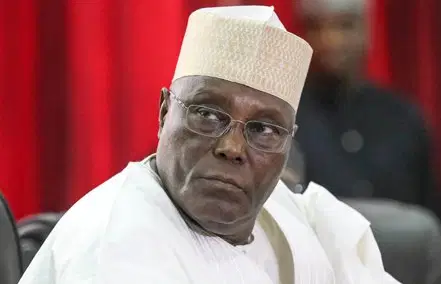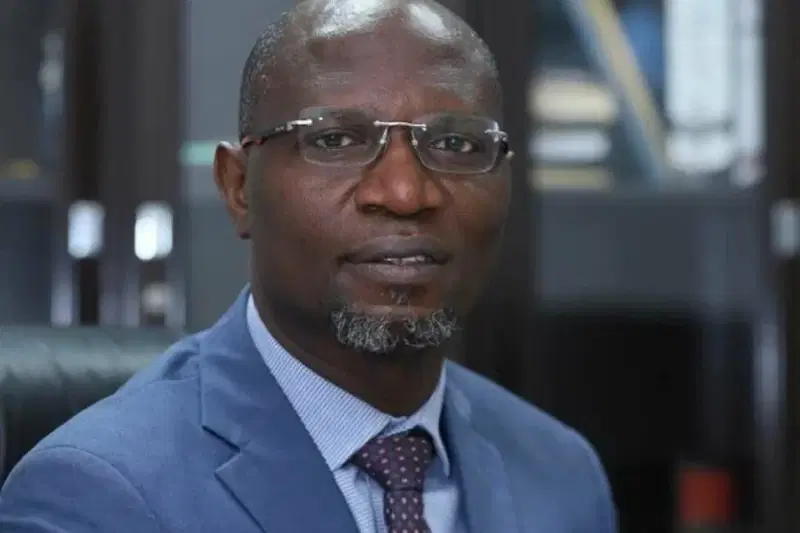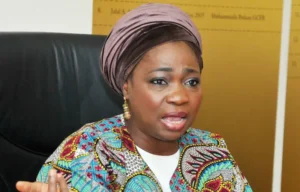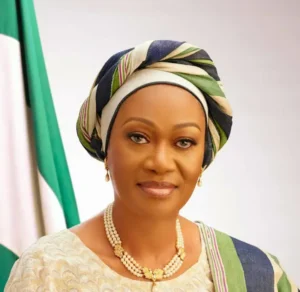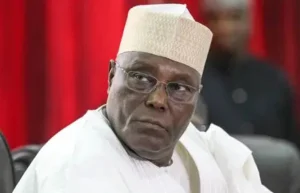- Economic hardship is not unique to Nigeria; many nations are still feeling COVID-19’s aftershocks.
- The impact of COVID-19 is still affecting economies globally.
- Countries with robust economies built over time are less affected by the pandemic.
- Nigeria’s economic strain is due to its relatively fragile economy.
- Long-term economic planning, investment in human capital, diversified economies, and strong institutions are key factors for economic resilience.
- Global inflation remains high, with 8.7% in 2023 and 5.2% projected for 2024.
- Global economic growth is slowing, from 3.5% in 2023 to 3% in 2024.
- Labor markets remain strong, but labor productivity is declining.
President Bola Tinubu is well aware of Nigeria’s economic struggles and is taking action to address them, according to Senator Orji Kalu. This is reassuring news, especially considering the country’s current economic challenges, including a slow recovery from COVID-19-induced trade deficits and rising inflation rates .
He went further to explain that the president sometimes personally observes the situation by driving around the capital. “The president some nights uses his car to go around and know what is happening in Abuja here,” Kalu added.
The senator also addressed the broader context of Nigeria’s economic challenges, highlighting the inflation rate, which the National Bureau of Statistics (NBS) reported as 32.7 percent in September 2024. Since the removal of the fuel subsidy and the floating of the naira, the cost of basic goods has surged, placing a significant burden on millions of Nigerians.
On this, Kalu argued that the economic hardship is not unique to Nigeria, noting that many nations are still feeling the aftershocks of the COVID-19 pandemic. “The impact of COVID-19 is still affecting economies globally,” he said.
According to him, the reason other countries may not feel the economic strain as intensely as Nigeria is due to their longstanding economic stability. “The only reason some countries are no longer feeling the COVID-19 impact the way Nigeria is feeling it is because they have built a robust economy for a very long period,” Kalu explained.


